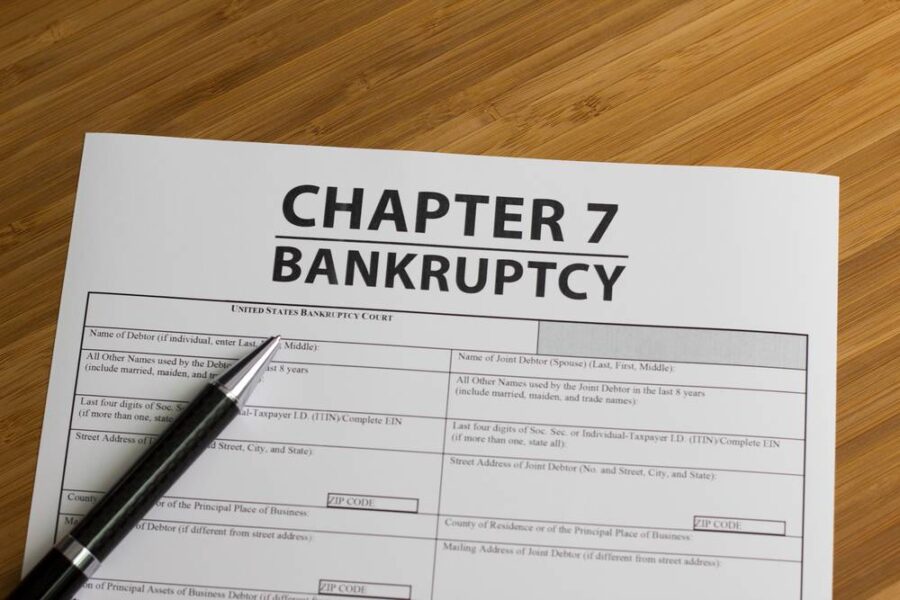
CAN TAX DEBT HELP A CHAPTER 7 FILING?
In 2005, Congress made substantial changes to the bankruptcy code. The resulting law made filing for bankruptcy much more difficult for consumers including that a consumer debtor is required to meet the means test in order to qualify for filing a Chapter 7 bankruptcy petition. However, under the new law, only consumer debtors are required to meet the means test. If more than fifty percent of the debts are not consumer debts, then an individual debtor is not a consumer debtor and, accordingly, does not have to meet the means test.
In general, consumer debt is debt that was incurred by an individual primarily for personal, family, or household purposes. However, tax debt that is owed to a government and is an obligation incurred by law is not considered to be consumer debt.
A consumer debtor that has a high income, above the median income test, with a substantial credit card and other consumer debt may be precluded from filing a Chapter 7 petition. However, if the debtor also has tax debt which is greater in amount than the aggregate sum of their consumer debt, the debtor would not be considered a consumer debtor, not be required to meet the means test, and may be able to successfully file a Chapter 7 petition.
Finally, in addition to the potential for the consumer debt to be dischargeable, if the tax debt meets certain criteria, it may also be discharged!

